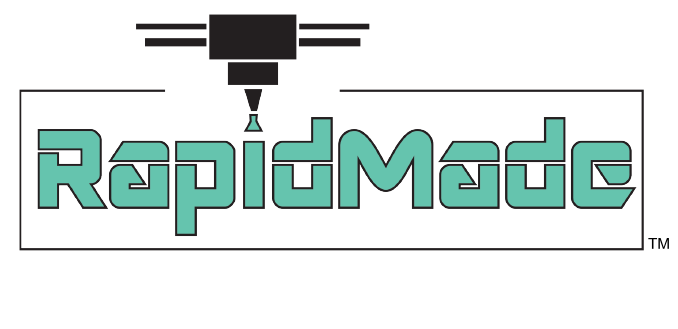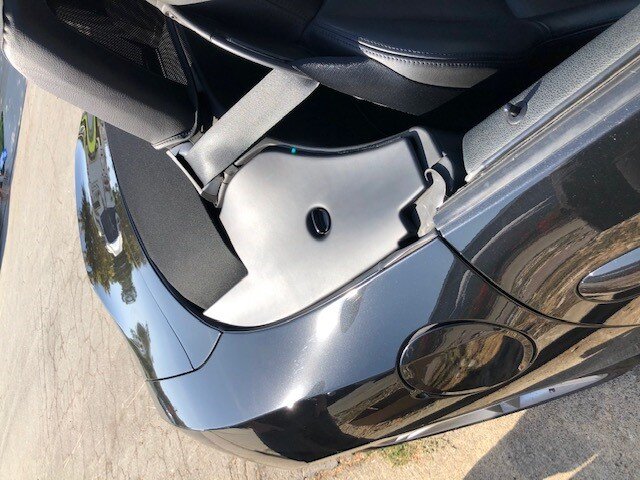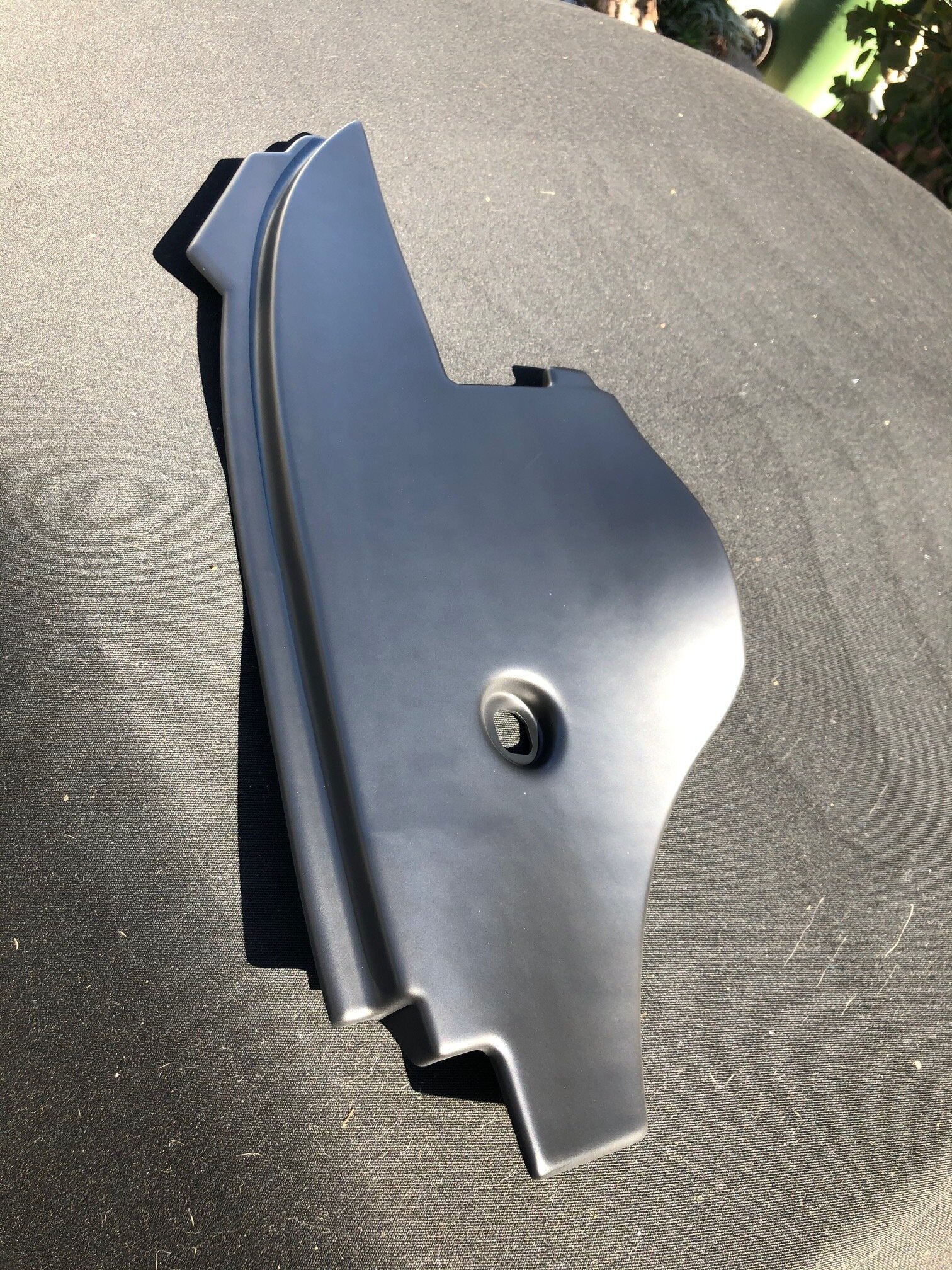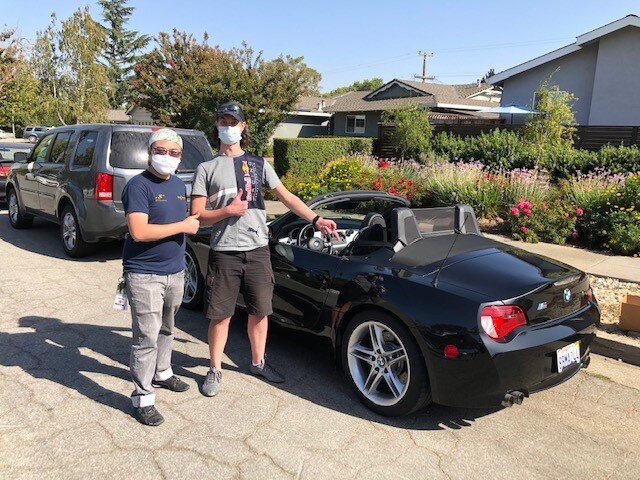Meet Our Customer: By Stelvio
By Stelvio is the brainchild of Dr. Brian Sparano. Dr. Sparano is a scientist, photographer, designer, and above all: BMW fanatic. Driven by a love for high-performance, premium vehicles, he started designing aftermarket parts as modifications to his own cars and shared this with fellow car fanatics. He brings his creations to life through collaborations with his network of experts in high tech, aerodynamics, and the automotive industry. Together, they’re creating products that better the aerodynamics, functionality, and aesthetics of the car with an above-average attention to detail.
The Challenge:
Deliver cost-effective, high-quality thermoformed covers for convertible BMWs.
The Solution: Thermoforming with 3D Printed Tooling
Traditionally, thermoforming molds are milled from aluminum or urethane – which is not only costly for small to medium-sized parts, but it can take upwards of 6-12 weeks to produce. By utilizing 3D printing for manufacturing vehicle parts, we successfully created durable thermoforming molds in less than 48 hours, which reduced costs by 50% compared to conventional machining. Our standard turn time on tooling is an industry-beating 3-4 weeks.
The HP Multi Jet Fusion 3D Printing we used provided high-temperature resistance, ensuring the product didn’t bond with other materials or call for additional finishing. 3D printed tooling was also advantageous for this project as it effectively produces intricate shapes and undercuts that are nearly impossible to procure via machine. 3D printing for vehicle manufacturing parts is an economical option that allows for quick, cheap adjustments as different iterations are made during the product development cycle.
The Process: Thermoforming
We leveraged Thermoforming by forming heated thermoplastic sheets around the desired molding. From there, we suctioned out any residual air to fortify the shape and ensure a consistent definition. Once ready, the product was carefully removed from the mold and any excess plastic was trimmed and recycled.
In addition to these covers, thermoforming is ideal for creating custom packaging, trays, housings, and panels. The advanced technology is quick, cost-effective, reduces lead time, and possesses lower tooling costs than injection molding or machining.
The thermoformed covers for By Stelvio’s convertible BMWs were crafted from formed ABS, which was later sanded and painted to create the finalized design. Check out the results below:




